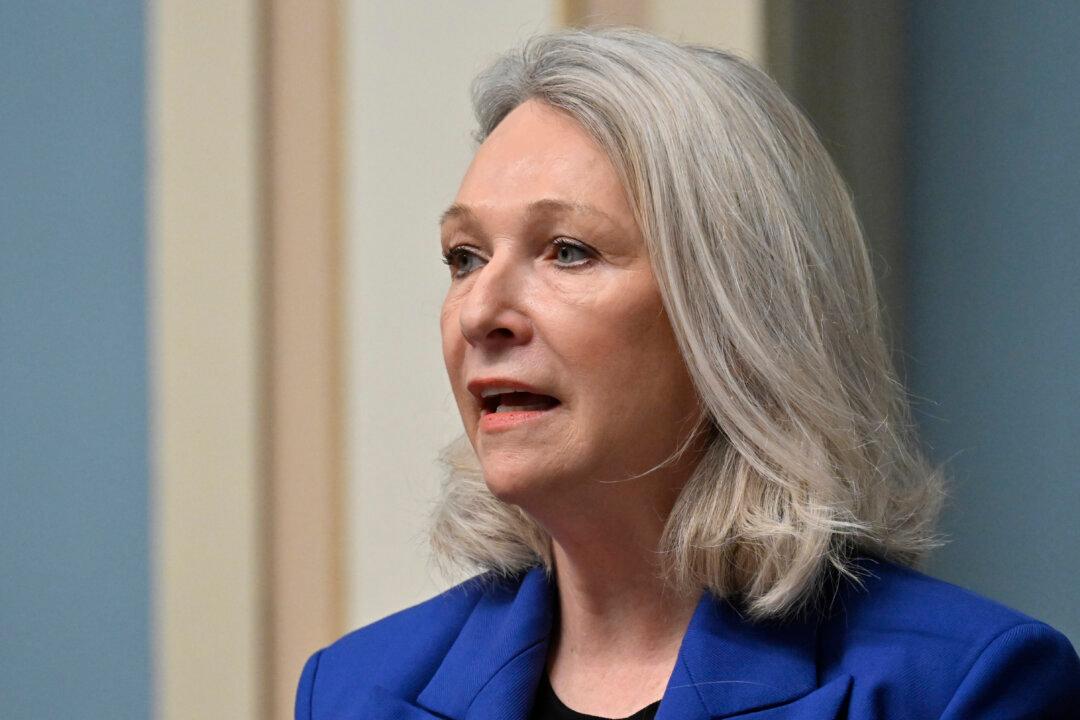Sonia Bélanger, the Quebec minister responsible for health and seniors, tabled Bill 11 on Thursday, which would allow people diagnosed with serious illness—such as Alzheimers—to give advanced consent to medical assistance in dying (MAID) before they are incapacitated.
Quebec currently has the highest number of MAID deaths per capita of any place in the world, Michel Bureau, president of the province’s Commission on End of Life Care, said at a press conference last year. Just over 5 percent of all deaths in the province are due to MAID.





